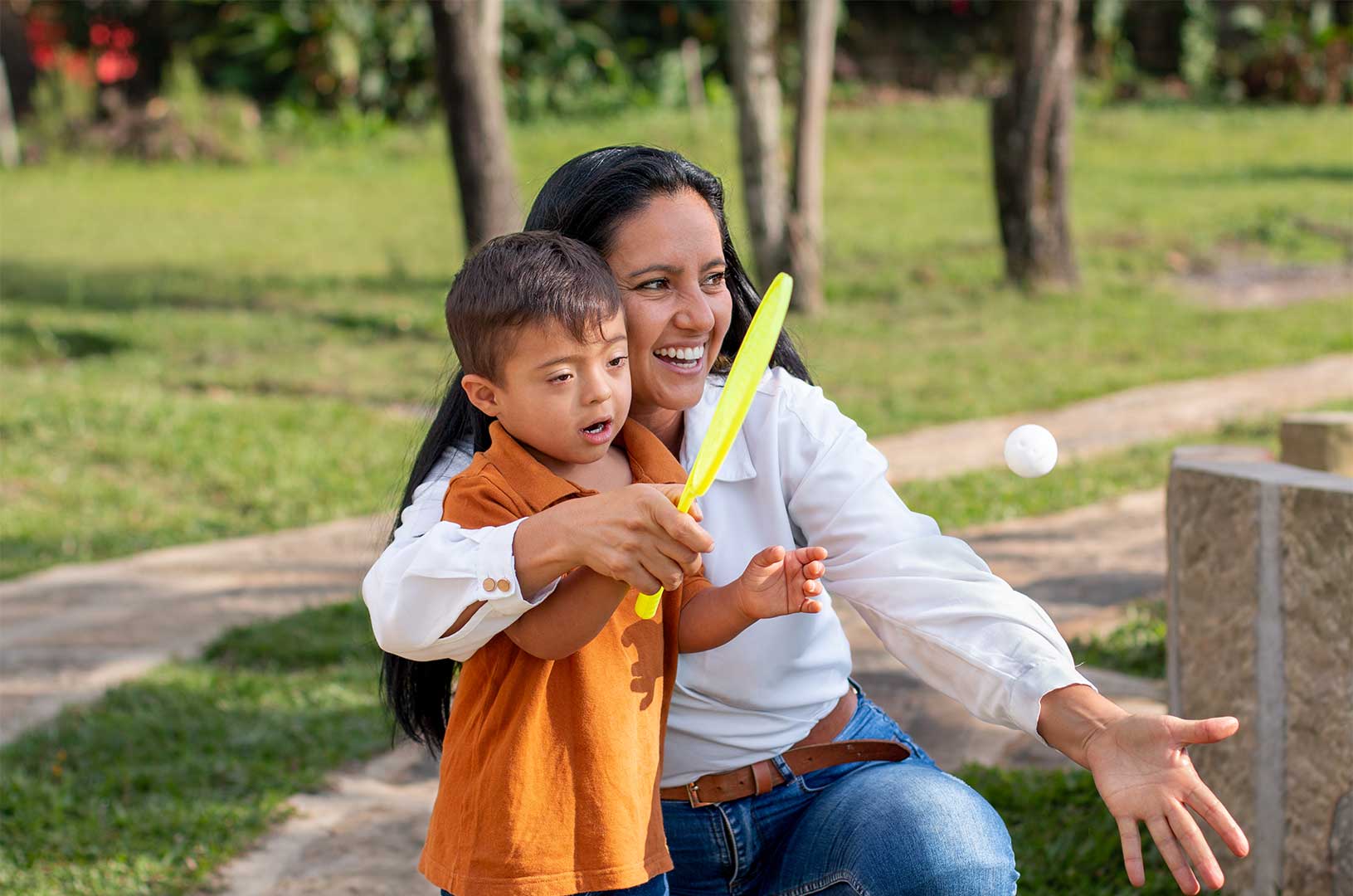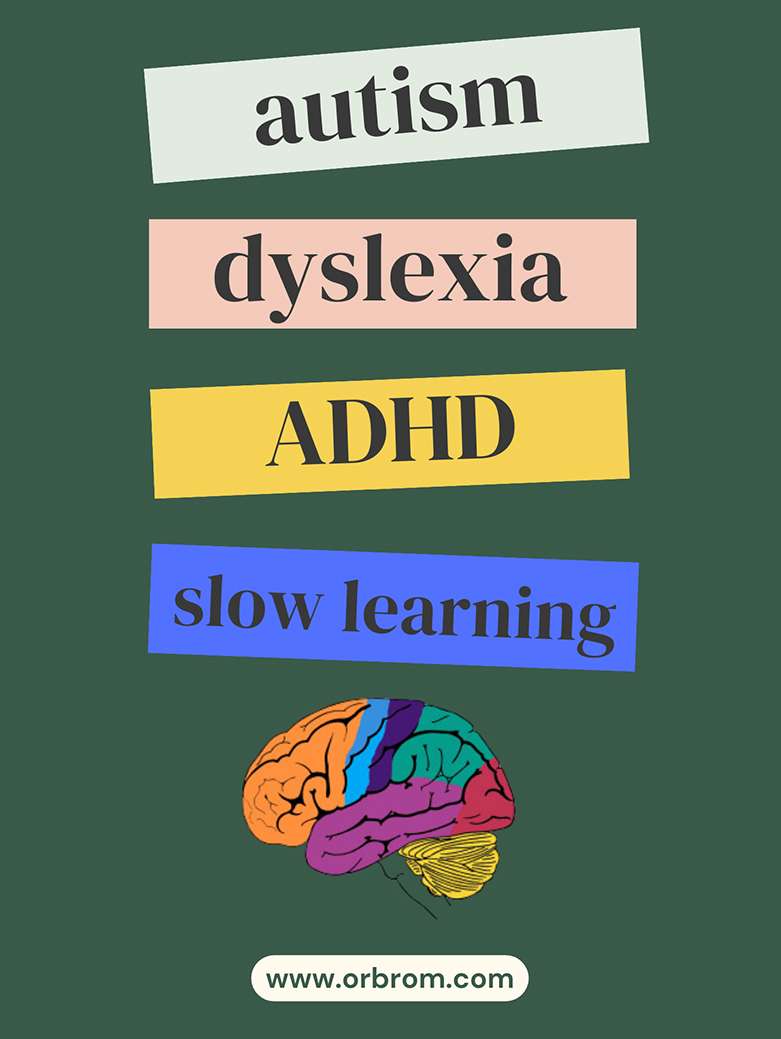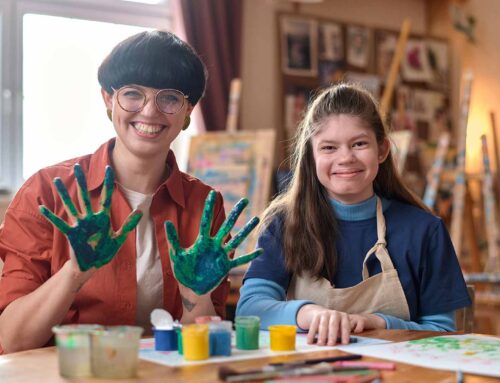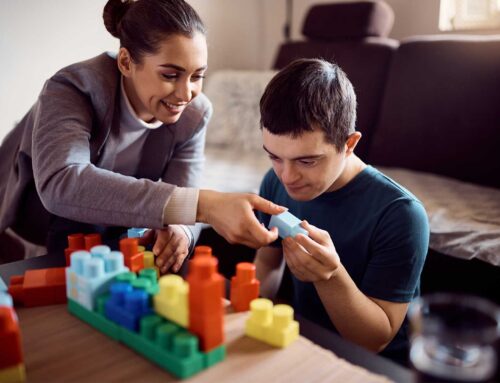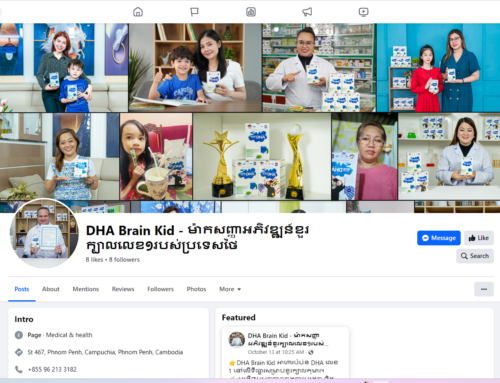Learning through play it’s a powerful tool for development, promoting growth across cognitive, social, emotional, and physical domains. Let’s explore how playtime can be strategically integrated into learning environments to unlock the potential of these remarkable students.
Cognitive Development: Playtime provides a fertile ground for cognitive skills to blossom. Engaging in activities like building with blocks, solving puzzles, or participating in imaginative play can enhance executive function, problem-solving abilities, and spatial reasoning. These skills, honed through play, translate into improved academic performance and everyday competence.
Social and Emotional Growth: Playtime offers a natural platform for students with special needs to build social connections and strengthen emotional intelligence. Collaborative games, shared creative projects, and even unstructured playtime create opportunities for communication, cooperation, and conflict resolution. By navigating the social landscape of play, students learn empathy, build friendships, and develop valuable social skills.
Physical Development: Playtime isn’t just for the mind; it’s also essential for physical well-being. Activities like gross motor play, outdoor games, and even dancing contribute to motor skill development, coordination, and body awareness. Playtime can become a source of physical activity, promoting healthy habits and boosting overall fitness.
Sensory Exploration: Many students with special needs have unique sensory processing needs. Playtime can be tailored to provide opportunities for safe and stimulating sensory exploration. Textures, sounds, smells, and visuals can be incorporated into activities to engage different senses and support sensory integration, often leading to improved focus and reduced anxiety.
Individualized Playtime: It’s crucial to remember that each student has unique needs and preferences. Playtime should be adapted to cater to individual strengths and challenges. Open-ended activities, choices within play sessions, and assistive technology can ensure that every student enjoys and benefits from playtime.
Beyond the Classroom: The value of playtime extends beyond the four walls of the classroom. Encouraging families and caregivers to integrate playful activities into their routines can further amplify the benefits. Shared mealtimes, family game nights, and even simple errands can become opportunities for learning and growth through play.
Measuring the Impact: While the benefits of playtime are undeniable, assessing its impact can be valuable. Teachers and caregivers can observe students during playtime, noting their engagement, interaction, and skill development. Tracking progress and adapting activities based on observations can ensure that playtime remains both enjoyable and impactful.
By recognizing the power of playtime, we can create inclusive environments where students with special needs thrive. Playtime isn’t simply a break from routines; it’s a strategic tool for nurturing growth, sparking joy, and unlocking the potential within every student. Remember, play isn’t just fun; it’s fundamental for development, and for students with special needs, it’s a key to unlocking a world of possibilities.
Services for Autism, ADHD, Dyslexia, Spelling Difficulty, social and slow learning, Down Syndrome, and Selective Mutism. OrbRom is the best option in Phnom Penh.
If you are concerned about your child’s development, Contact OrbRom Center for Assessments.
Phone/Telegram: 077.455.993
Telegram Link: https://t.me/OrbRom

